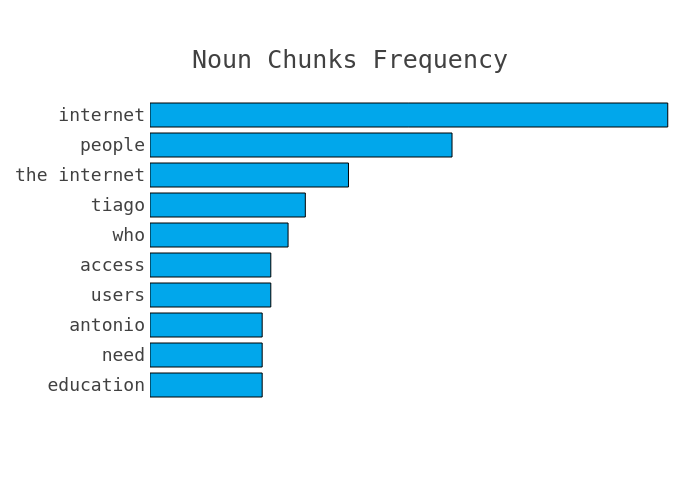Leveraging private-public partnership for digital skills
7 Dec 2021 13:30h - 14:30h
Event report
Public–private partnerships are key for digital capacity building, and are strengthened by effective-design thinking methods. On this topic, Mr Pedro Lopes (Secretary of State for Digital Economy, Government of Cabo Verde) focused on the importance of training young people and attracting talents, and being prepared for the future. He added that 80% of the population of Cabo Verde have access to the internet and that the government is working on approving a law that will make internet a basic goods for everyone. Lopes mentioned the Web Lab project which enabled more than 30,000 kids to learn how to code and learn robotics. The result was a decrease in school dropouts and an improvement in grades.Mr Milton Cabral (Government Advisor, Cabo Verde Digital initiative) mentioned two critical factors which impact access to digital education: access to appropriate internet devices, and affordable and meaningful connectivity. By meaningful connectivity, Cabral explained that people should be able to use the internet every day with appropriate devices, enough data, and a fast connection.
The popular Portuguese artist Ms Joceline Medina explained how young people and artists sometimes lack the curiosity about code and programming, and how initiatives such as the National Coding Day can help in spreading the word and connecting people.
Ms Melissa Sassi (Chief Penguin, Student & Entrepreneur Experience, IBM Z Division, IBM) focussed on the definition of digital literacy, as well as the standard framework of meaningful internet use so that people of all ages are not just technology consumers, but rather creators, makers, and doers empowered by technology. Sassi added that less than 30% of the technical work force are women and girls, and that it is necessary to make sure that young women and girls are enabled and empowered with the right skill-building opportunities so that they have access to curriculum, content, local languages, mentors, and role models.
Ms Nadine Tavares (Technical Consultant, IBM Budapest) stated that engaging local authorities is one of the key elements for the success of any digital capacity initiative.
Mr Jake Bell (International Partnership Manager, Code.org) spoke of the ‘Cape’ framework, driven by Carol Fletcher and Jace Warner from ACM. This pyramid framework is built on capacity, access, participation, and experience. Bell also highlighted the importance of infrastructure and connectivity.
Session moderator Ms Salma Abbas (Certified Sales Professional, IBM) shared two polls regarding the barriers to digital skill building such as social-related gender bias, financial resources restrain, lack of infrastructure, and the divide between urban and rural areas. The second poll dealt with stakeholders which play the most important role in digital skill building, such as the formal education system and government bodies, non-governmental organisations (NGOs), UN agencies, and student associations. These polls opened the floor to interactive discussions with the online and on-site audiences.
By Ines Hfaiedh
Session in numbers and graphs




Automated summary
Diplo’s AI Lab experiments with automated summaries generated from the IGF sessions. They will complement our traditional reporting. Please let us know if you would like to learn more about this experiment at ai@diplomacy.edu. The automated summary of this session can be found at this link.Related event

Internet Governance Forum (IGF) 2021
6 Dec 2021 10:00h - 10 Dec 2021 18:00h
Katowice, Poland and Online
